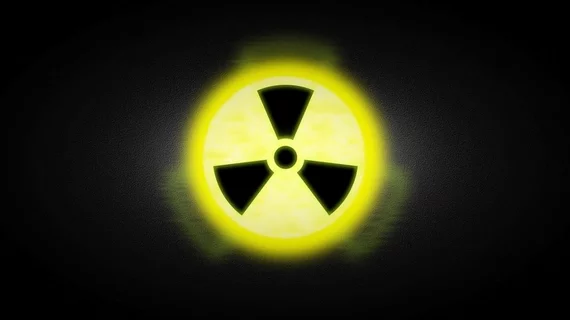Trump administration plans to scale back radiation regulation, will impact medical imaging and nuclear work sites
Scientific experts are worried that the Environmental Protection Agency (EPA) pursuing rule changes could weaken the way radiation exposure is regulated in the U.S., according to a report published Oct. 3 by The Associated Press.
Critics of the proposed change say it could lead to higher levels of radiation exposure for medical workers in regular contact with x-rays and CT scanners, as well as workers and people being in or near nuclear installations and oil and gas drilling sites.
“The proposed regulation doesn’t talk about radiation or any particular chemicals,” EPA spokesman John Konkus told AP. “And as we indicated in our response, EPA’s policy is to continue to use the linear-no-threshold model for population-level radiation protection purposes which would not, under the proposed regulation that has not been finalized, trigger any change in that policy.”
However, an April news release from the EPA announcing the proposed rule quoted Edward Calabrese, PhD, a toxicologist at the University of Massachusetts, who said weakening limits on radiation exposure would save billions of dollars and have a positive impact on human health, according to article. Calabrese was also to be a lead witness at a congressional hearing Wednesday, Oct. 3 on the EPA’s proposed rule changes.
“Konkus said that the release was written during the tenure of former EPA Administrator Scott Pruitt and couldn’t explain why Calabrese was quoted citing the impact on radiation levels if the agency does not believe there would be any,” according to AP.
Read The Associated Press’ entire article below.

